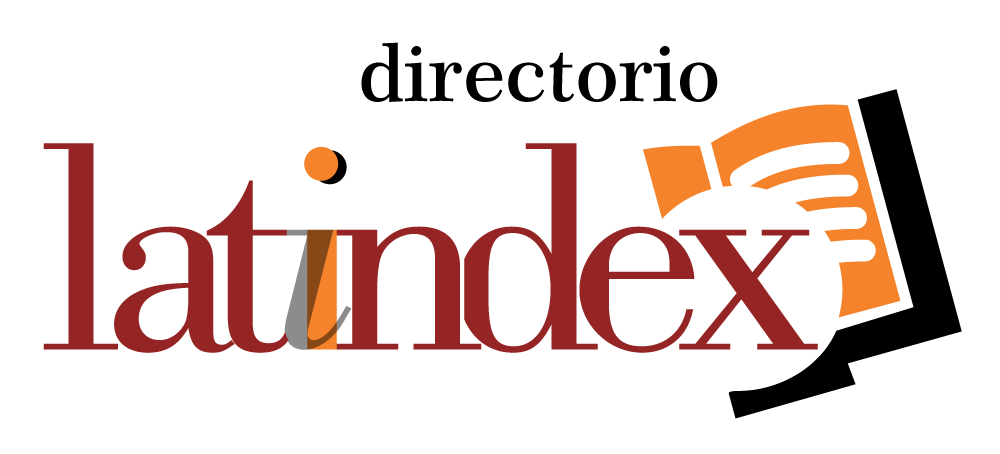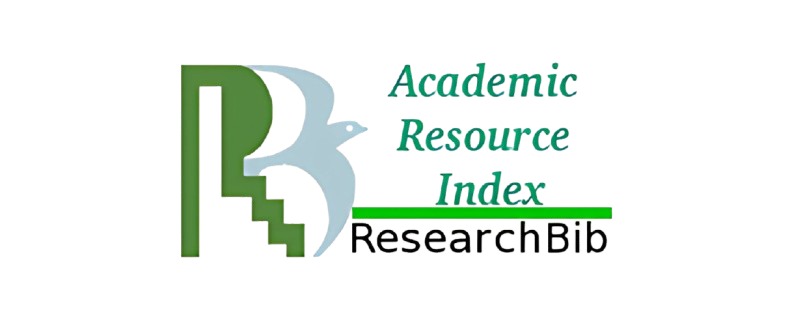Factors Associated with Academic Performance in Radiology Students at Universidad Santander, 2023.
Keywords:
Academic performance, learning management, information processing, radiology, diagnostic imagingAbstract
This study examines the factors associated with the academic performance of first-year students in the Bachelor’s degree in Radiology and Diagnostic Imaging at Universidad Santander, Panama. The objective was to determine how sociodemographic characteristics, self-determination, information management, and learning management affect academic performance. Across-sectional quantitative methodology was applied using questionnaires to collect sociodemographic data, levels of motivation, information processing skills, and learning management, the latter three based on three learning theories, applied to students enrolled in the first semester of this degree in 2023, with data collection occurring in 2024. The results indicate a significant association between marital status, access to technological resources, and academic performance. Additionally, significant links were found between planning, monitoring, and learning evaluation practices and academic performance. However, variables related to self-determination and information management did not show a significant association with academic performance. In conclusion, to improve the academic performance of first-year students in this degree, a comprehensive support program focused on enhancing learning self-regulation and access to technological resources should be implemented.
Downloads
References
Baddeley, A. D. (1992). Working memory. Science, 255(5044), 556-559. https://doi.org/10.1126/ science.1736359
Brown, A., & Smith, R. (2020). The relationships between academic motivation and performance in engineering students. AIP Conference Proceedings, 2433, 020012. https://doi.org/10.1063/5.0095088
Carmona-Halty, M., Schaufeli, W. B., & Salanova, M. (2021). The role of intrinsic motivation and engagement in academic performance. International Journal of Environmental Research and Public Health, 18(4), 1855. https://doi.org/10.3390/ijerph18041855
Dahmani, M., & Ragni, L. (2022). ICT use, digital skills, and students’ academic performance: Exploring the digital divide. Information, 13(3), 129
Deci, E. L., & Ryan, R. M. (2000). Self-determination theory and the facilitation of intrinsic motivation, social development, and well-being. American Psychologist, 55(1), 68-78. https://doi.org/10.1037/0003-066X.55.1.68
Elias, S. M., & MacDonald, S. (2007). Using past performance, proxy efficacy, and academic self-efficacy to predict college performance. Journal of Applied Social Psychology, 37(11), 2518-2531. https://doi.org/10.1111/ j.1559-1816.2007.00268.x
Jenkins, K. J., & Thompson, P. (2019). The impact of social support and teaching quality on academic performance in social sciences. Higher Education, 32(2), 212-230. https://doi.org/10.1007/s10734-019-00486-2
Johnson, L., & Patel, R. (2021). Improving academic performance through advanced information processing techniques. International Journal of Educational Research, 35(4), 300-315. https://doi.org/10.1016/j. ijer.2021.06.002
Ryan, R. M., & Deci, E. L. (2000). Intrinsic and extrinsic motivations: Classic definitions and new directions. Contemporary Educational Psychology, 25(1), 54-67. https://doi.org/10.1006/ceps.1999.1020
Williams, C., Anderson, R., & Kim, S. (2020). The impact of self-regulated learning strategies on student retention and satisfaction in engineering programs. Journal of Educational Psychology, 45(2), 210-225. https://doi. org/10.1037/edu0000395
Zimmerman, B. J. (2002). Becoming a self-regulated learner: An overview. Theory into Practice, 41(2), 64-70. https://doi.org/10.1207/s15430421tip4102_2
Published
How to Cite
Issue
Section
License
Copyright (c) 2025 REVISTA CIENTÍFICA DEL ISTMO

This work is licensed under a Creative Commons Attribution-NonCommercial-ShareAlike 4.0 International License.















